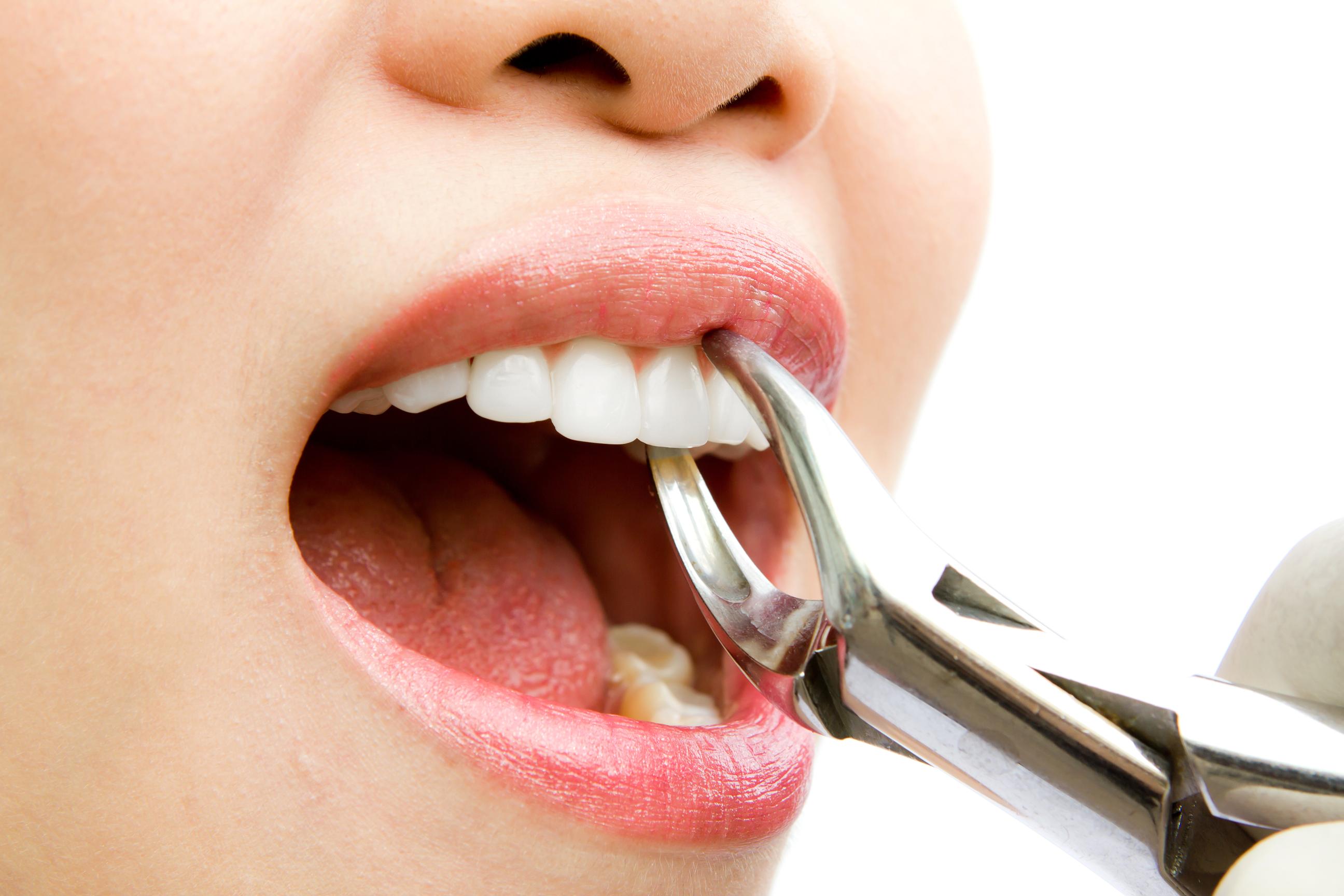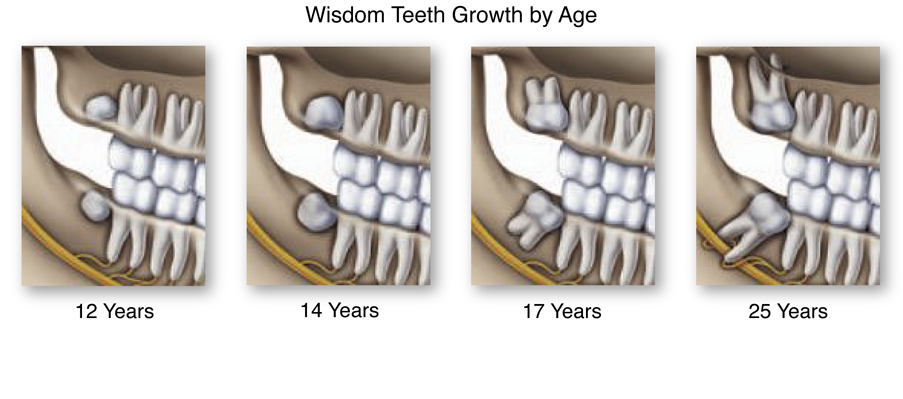4 Easy Facts About Tooth Removal Shown
Summary Wisdom tooth removal is a surgery to remove several knowledge teeth the 4 irreversible grown-up teeth located at the back edges of your mouth on the top as well as bottom. If a knowledge tooth does not have space to grow (influenced wisdom tooth), resulting in discomfort, infection or other oral problems, you'll likely need to have it pulled.
To prevent prospective future problems, some dental experts and also dental doctors suggest knowledge tooth extraction even if influenced teeth aren't presently causing troubles. Why it's done Knowledge teeth, or 3rd molars, are the last permanent teeth to appear (emerge) in the mouth. These teeth normally show up in between the ages of 17 and 25.

For others, knowledge teeth appear typically simply as their other molars did as well as trigger not a problem. Many individuals create affected knowledge teeth teeth that do not have adequate room to erupt into the mouth or create typically. Affected knowledge teeth may emerge just partially or otherwise whatsoever. An affected wisdom tooth may: Expand at an angle toward the next tooth (second molar) Grow at an angle towards the rear of the mouth Grow at an ideal angle to the other teeth, as if the wisdom tooth is "relaxing" within the jawbone Expand straight up or down like other teeth however stay caught within the jawbone Troubles with impacted wisdom teeth You'll likely require your impacted knowledge tooth drew if it causes troubles such as: Discomfort Trapping food and debris behind the wisdom tooth Infection or gum tissue disease (periodontal illness) Tooth decay in a partly erupted knowledge tooth Damages to a close-by tooth or surrounding bone Advancement of a fluid-filled sac (cyst) around the knowledge tooth Complications with orthodontic therapies to correct other teeth Stopping future oral issues Oral specialists disagree concerning the worth of removing affected wisdom teeth that aren't causing problems (asymptomatic).
Some Known Details About Wisdom Teeth Removal
However, here's the reasoning for preventative extraction: Symptom-free knowledge teeth might still harbor illness. If there isn't enough room for the tooth to emerge, it's typically tough to reach it and also clean it properly. Serious issues with knowledge teeth occur much less often in younger adults. Older adults might experience difficulty with surgical treatment as well as problems after surgical procedure.
Nevertheless, removal of affected wisdom teeth occasionally requires a surgical method that involves making a cut in the periodontal tissue and eliminating bone. Hardly ever, issues can include: Unpleasant completely dry outlet, or exposure of bone when the post-surgical blood embolism is lost from the site of the medical injury (socket) Infection in the outlet from microorganisms or caught food particles Damage to neighboring teeth, nerves, jawbone or sinuses How you prepare Your dental expert may perform the procedure in horizontal wisdom tooth extraction the office.

In addition to making the location numb with neighborhood anesthetic, your surgeon may recommend sedation to allow you to be extra comfy throughout the treatment. Concerns to ask Inquiries you may wish to ask your dental professional or dental doctor consist of: The number of wisdom teeth need to be eliminated What sort of anesthetic will I obtain Exactly how complicated do you anticipate the treatment to be How long is the procedure most likely to last Have the affected knowledge teeth caused damages to other teeth Is there a threat that I might have nerve damage What various other oral therapies could I require at a later date For how long does it require to totally heal as well as go back to normal activity Planning for surgery A wisdom tooth extraction is often performed as an outpatient treatment.

4 Simple Techniques For Wisdom Teeth Removal
You'll obtain directions from the hospital or dental center team on what to do before the surgical treatment and the day of your scheduled surgical procedure. Ask these questions: Will I require to make arrangements for someone to drive me house after the procedure When do I need to reach the dental clinic or hospital Do I need to prevent eating food or drinking fluids or both (quick) If so, when do I start Can I take my prescription medicines prior to the surgical treatment If so, exactly how soon prior to the surgery can I take a dosage Needs to I stay clear of any type of nonprescription medications prior to the surgery What you can anticipate During the treatment Your dental professional or dental doctor might make use of one of three sorts of anesthesia, depending on the anticipated intricacy of the knowledge tooth extraction and also dentist meaning your convenience level.
Your dental expert or oral specialist administers local anesthetic with several injections near the website of each extraction. Before you receive a shot, your dental professional or doctor will likely use a compound to your periodontals to numb them. You're awake throughout the tooth removal. Although you'll feel some stress and also motion, you shouldn't experience pain.

Your dentist or oral doctor dental implant clinic offers you sedation anesthesia with an intravenous (IV) line in your arm. Sedation anesthetic suppresses your consciousness throughout the procedure. You don't feel any kind of discomfort and will certainly have limited memory of the procedure. You'll also obtain neighborhood anesthetic to numb your gum tissues. General anesthesia. In unique scenarios, you might be used general anesthesia.